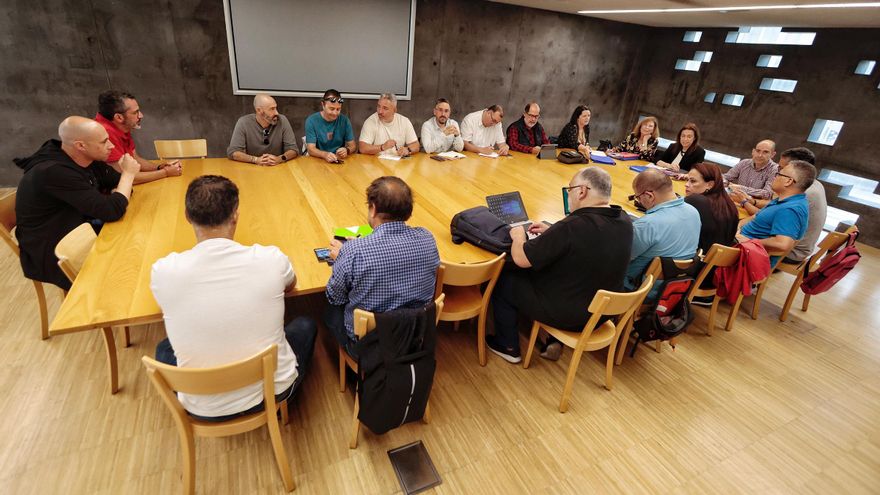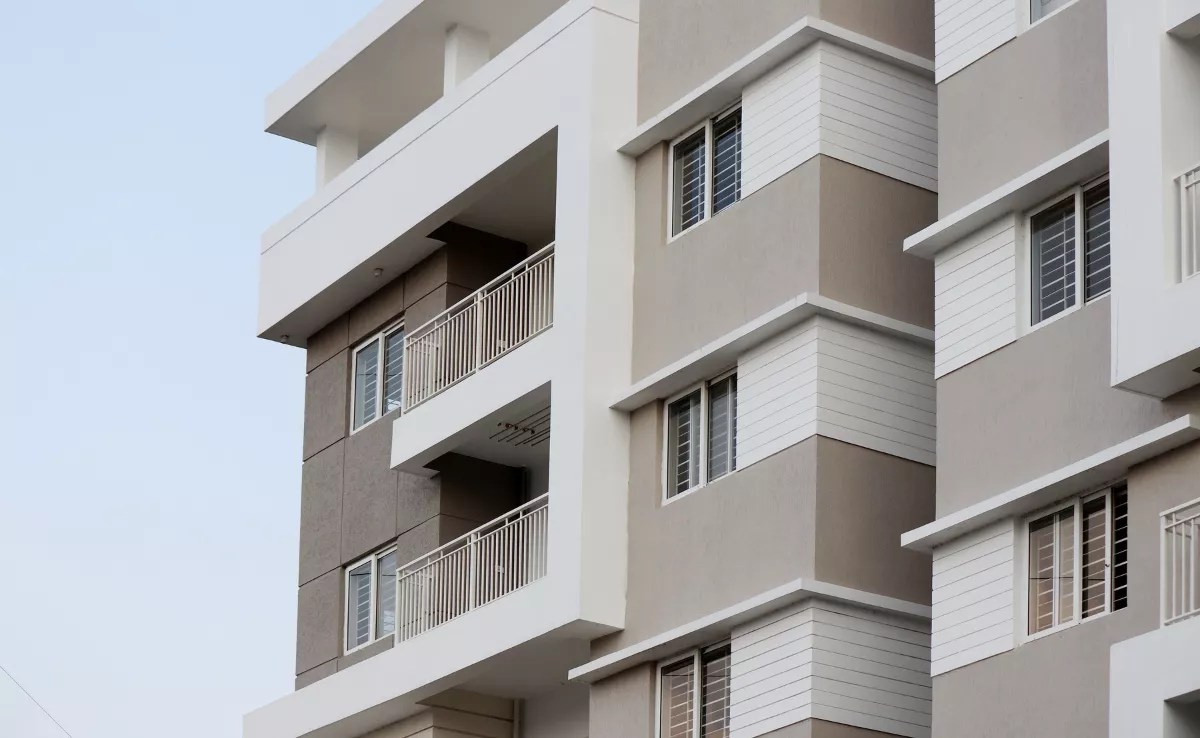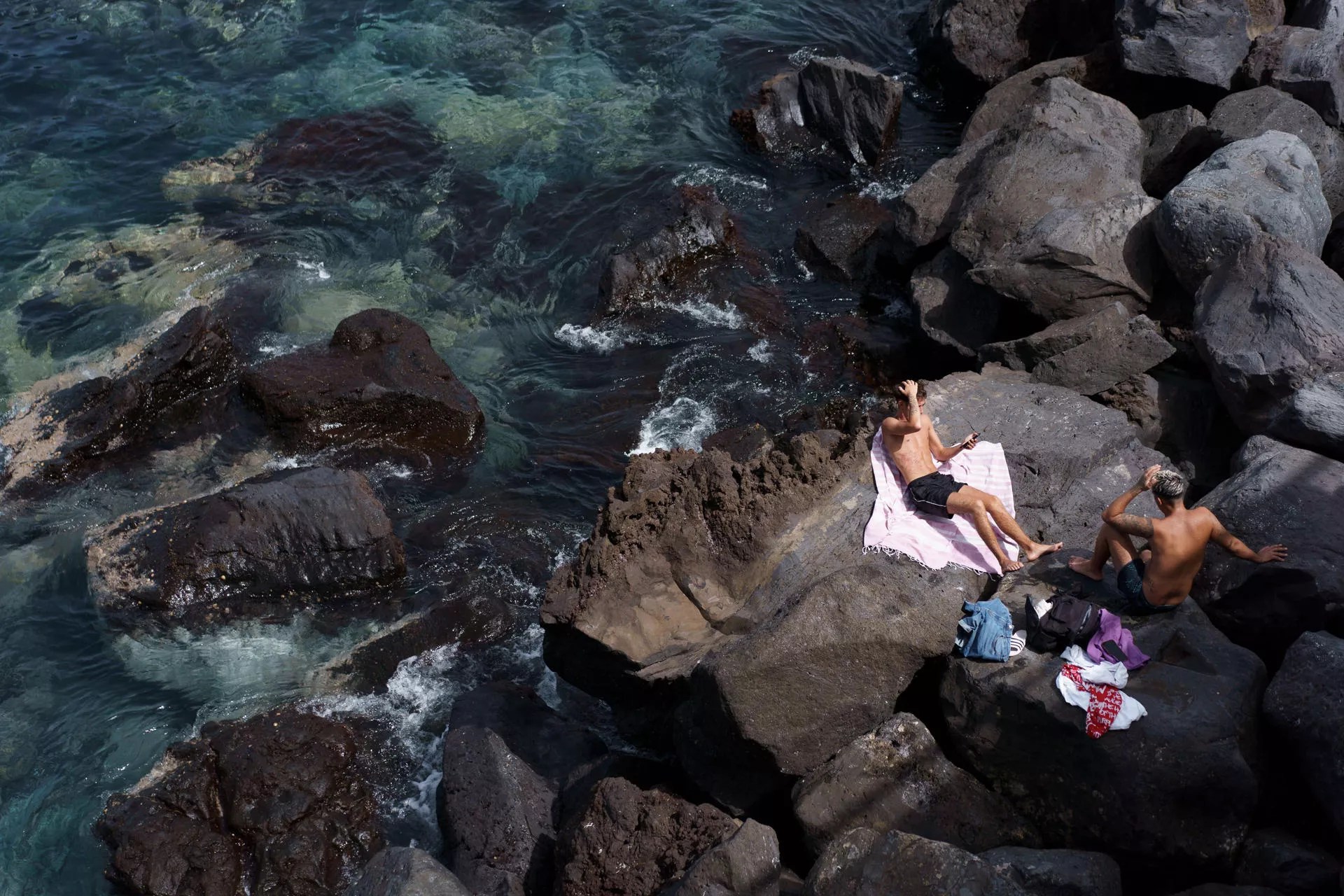
«Rosa Dávila has postponed the substitution of Silica dust without explanation to press the Company Committee during the Carnival while turning a blind eye ». This statement was made by tram employees during their Untag #HuelgametroTerife, arguing that “the organisation has failed to engage in negotiations.” In essence, the ongoing conflict is expected to extend from the festive celebrations to another event after it commenced in its latest phase on February 9, 2024, the Friday of Cavalcata. Conversely, the president of the Cabildo mentioned yesterday that the decision announced to completely eliminate the silica dust from the braking system between March and June “opens a window” for a potential resolution.
The workers, through their representative body, contend that “their strategy (that of Dávila) is to prolong the conflict until the May (union) elections with the hope of altering the committee’s composition.” They emphasise that “in the meantime, the movement of carnival-goers is uncertain.” They declare: “There is no proposal on the table to cease the strike and not disrupt the celebrations for the people of Tenerife.” They maintain that “citizens deserve safe and quality public transport.” Furthermore, they condemn “political manoeuvres and interference in union activities.”
Replacement
Concerning the forthcoming silica powder substitution, sources from the workers indicate that “the issue of replacement lies in the company’s refusal to implement all necessary precautionary measures at this time.” For instance, they highlight, “a worker descends to operate machinery in tunnel 11 of Taco, yet the company does not allow sufficient time for cleaning or supply them with protective equipment (aside from the mask), nor does it clean the tram after it lowers and resumes its operation.” They add that “the T11 is deemed by the INS (National Silicosis Institute) as a zone of unacceptable exposure.”
Actions
“They are unwilling to, as we request,” emphasise, “produce a report detailing how they have operated without precautionary measures for nearly 15 years whilst using a carcinogenic substance.” In conclusion, they assert, “we also demand that the product be replaced after a new INS evaluation to certify that the premises are free of silica dust.”
Opportunity
When asked if the decision to withdraw the silica sand provides an opportunity to negotiate with the workers and cease the strike, Rosa Dávila remarked: «Regardless of the workers’ circumstances, we had already resolved to conduct tests and switch to calcium silicate.» She added that «we are exploring alternatives, however, undeniably, a window of opportunity has arisen, which I believe is ultimately beneficial for all parties, including users, in addition to the significance of adhering to a European directive since «alongside Bilbao, Tenerife is the only tram service that will implement calcium silicate.»
Tests
Dávila highlights that “it has already been tested on two vehicles, proving effective in both braking and traction, thereby allowing us to proceed with the change now.” This transition will occur from March to June “to upgrade the 26 vehicles currently in operation.” Regarding the prospect of reaching an agreement with the workers? Rosa Dávila responded: «The workers will inform us; on our end, we are presenting this measure, which certainly serves as an important indication.
Stalemate
Tram employees have been staging strikes since 2023. Their primary demand is the implementation of health and safety measures, as “the company continues to refuse to conduct monitoring of drivers and inspectors, although they are exposed to silica dust.”
Doubling Services
The trams will operate on a double schedule during the Carnival and will have their final stop at La Paz, which is standard. However, the service frequency will differ. The strike, occurring Monday to Friday, establishes three slots during peak service hours: morning, afternoon, and evening. Metratenaife maintains during these periods a minimum operational capacity of 80%. “This situation will persist due to the poor management of Rosa Dávila and the Mobility Minister of the Cabildo, Eulalia García,” conclude the representatives of a workforce that comprises 202 workers.















